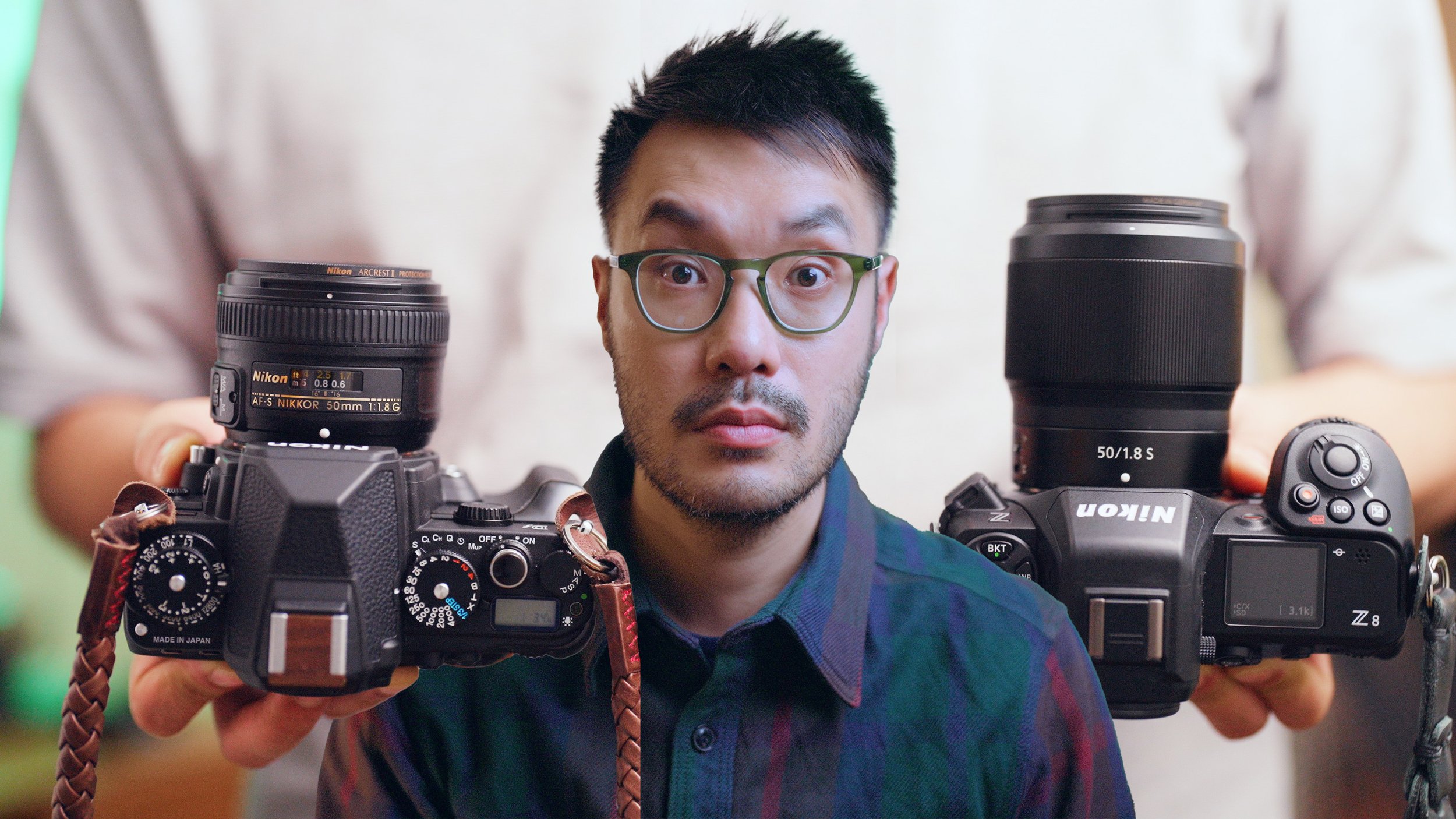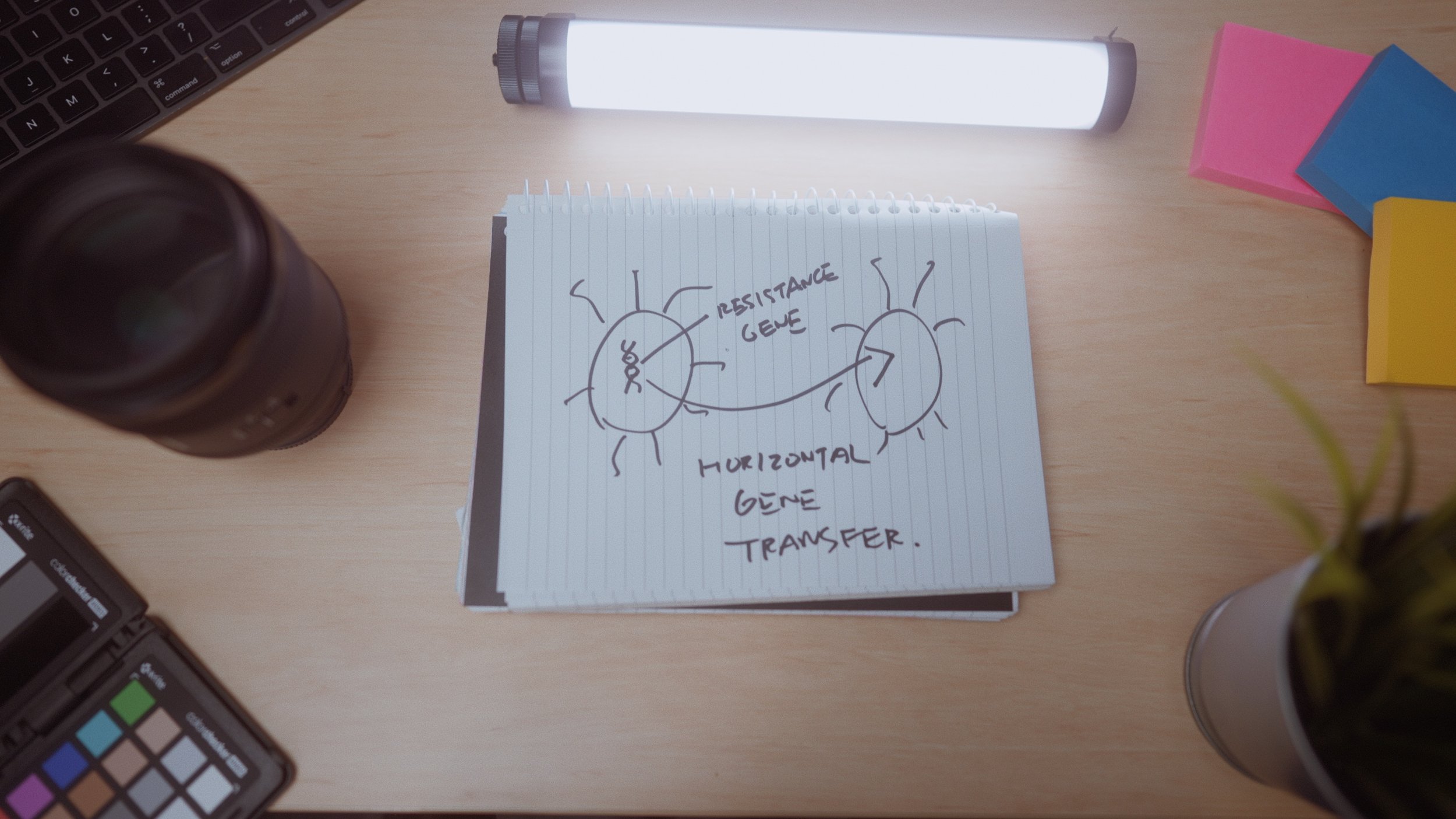

Retrograde II: Hidden Costs
21 October 2022
Not too long ago, Massive Open Online Courses (MOOCs) were a novel jewel in the crown of Higher Education, making headlines as Big Education and Big Tech converged in productive synergy. Students from all across the world can access education from Ivy-league institutions, and the transformative potential it had on global education was palpable. Fast forward a few years, and all of a sudden MOOCs were making headlines again for all the wrong reasons. The risks of >90% student drop out rate and ongoing workload implications for teachers made many institutions hesitate, and the value proposition of developing new free MOOCs became muddier and muddier.
How did the sector arrive at this point, and should we continue to design new online courses accessible to the masses? My answer is a resounding yes, but perhaps not for the reason you think. Let’s look backwards before we can look forwards and see what’s next.

Retrograde (Part 1)
16 October 2022
Those who cannot remember the past are doomed to repeat it but is what’s new always best? We learn by reflecting on old mistakes, but re-tracing our steps also reveals hard-won wisdom from previous generations. If you’ve been a student or worked as a teacher any time in the last 2-3 years, you will be all too aware of how chaotic education has become. It’s precisely during these moments of instability though that we should look backwards to see how it will inform the future and what happens next. My work is very much student-centred, but the next few posts are all about teachers. How all of us have adapted for different teaching approaches and delivery modes, and what we can learn from each of the 7 phases of university teaching over the past two decades.

The Trap
7 October 2022
When are you going to find a job?
Does your University experience actually prepare you for a job?
Most students are already working part-time jobs in areas that don’t require formal qualifications, and the realities of the gig economy may seem at odds with the typical routine of lectures, assignments, and exams... If you’re working in jobs that are casual, independently contracted, or offered through online businesses, it can be hard to connect the dots between the formal qualifications you’re working so hard to pursue and what pays your bills week to week. Many people (and governments) view Universities as service providers to not only students, but also employers. Unless our degrees are training you for specific jobs currently in demand with employers, everything’s off the table.
Sadly this is the trap we can all too easily fall into - letting short-term goals obfuscate our long-term potential.

What comes next
4 October 2022
Like it or not, we learn the most when our backs are up against the wall, when the pressure is on. When we’re forced to harness all of our training and knowledge in a split reactionary second, to see exactly how much we can say and do under duress.
No one wants to be in high pressure situations all the time but what if that's when we learn the most? Sure, not all of these lessons are pleasant, and constantly being in a state of fight or flight doesn’t bode well for our long-term mental health. Can we be more strategic and selective however, and choose learning experiences that puts us out of our comfort zone in small but measurable ways?

Okay not being OK
22 September 2022
When I was doing my PhD, I was trained to treat live debate with caution and suspicion - only enter the metaphorical arena if you were ready to figuratively fight for your scientific bona fides. It’s no big surprise then that the Socratic method was not my first choice of pedagogy. Why would I deliberately open myself up to questioning if I didn’t have to?
In the last series of posts I have trying to wrangle with what advice would be most valuable to new teachers who are being thrust into an education sector filled with uncertainty. Today I want to talk about the fact that teachers don’t need to know all the answers - that it’s okay to be not OK with every question students might ask you.

Our Value
21 September 2022
New teachers are in an unenviable position, where the entirety of their teaching experience is filled with one-way conversations to virtual rooms of disembodied black screens. The joy of communicating and connecting with students is lost on them, simply because they’ve never experienced it. In spite of this unique (and unfortunate) start to their careers, they’re offered unsolicited advice all the time. I try to take a different approach when mentoring teachers in my network, in an attempt to help them figure out what works best for them. Today let’s dig a little deeper and talk about how to find and express our value in any classroom.

Are you not entertained?
20 September 2022
Being named the Australian University Teacher of the Year in 2020 has allowed me to amplify the resonance of the work I am doing in teaching and learning at a much broader scale. The best part of it all is the chance to connect with other teachers all across the world, and try to collaboratively address the big issues in teaching and learning.
“What tips do you have for new teachers just starting out?”
In an attempt to avoid the overly generic advice new teachers are consistently bombarded with, here’s what I try to tell them first - you don’t have to be entertaining.

How to make a Superbug
9 September 2022
It is always scary when someone in your family is admitted to hospital, even if it’s just a routine procedure. No-one wants to stay longer in hospital than they have to, and healthcare-acquired infections happen all the time. These are infections that immunocompromised patients catch while in hospital, which are increasingly caused by superbugs that cannot be killed by any drugs on the market. Prevention is always better than cure, so how do we prevent superbugs from emerging in the first place? Today we are talking about superbugs - what they are, why they are becoming more common, and how a scientist can create a superbug in the lab to better understand this whole process.

Troubles (Part 1)
19 August 2022
Laboratory training is a rare, expensive, and time-consuming process, especially in research and development or R&D. You’re not just repeating someone else’s perfected standard operating protocol, it is up to you to design all the steps and make sure they are foolproof. In learning it’s not enough to copy the perfect version of events that someone else has mastered, you have to know all of the ways something can go wrong so you can reverse engineer and troubleshoot any situation. Troubleshooting experiments is a complicated topic, and over the next few weeks I am trying to break this down for students across different lab techniques. Today the focus will be on antibiotic sensitivity testing - the experiments that will flag any new superbugs that will cause havoc in the population because none of the available drugs we have can kill them.

Home Alone
28 July 2022
Study hacks, and quick and easy ways to learn are all over the internet. “Why I stopped going to class and so should you” is one of the more clickbaity titles, and it sounds like the dream - learn at home, at your own pace, and spend the extra time getting paid for work experience while you study. I’m travelling right now, and in many ways my job is flexible enough to accomodate this. I can watch short videos, tweet, respond to email queries, and livestream my conference talk remotely, all while travelling. If it works for the teachers, why doesn’t (or shouldn’t) this work for students? The truth is that it does work for some students, but they are the exception, not the norm. Let’s talk about why this is the case, and dive into a few study strategies that may help you study online more efficiently.
